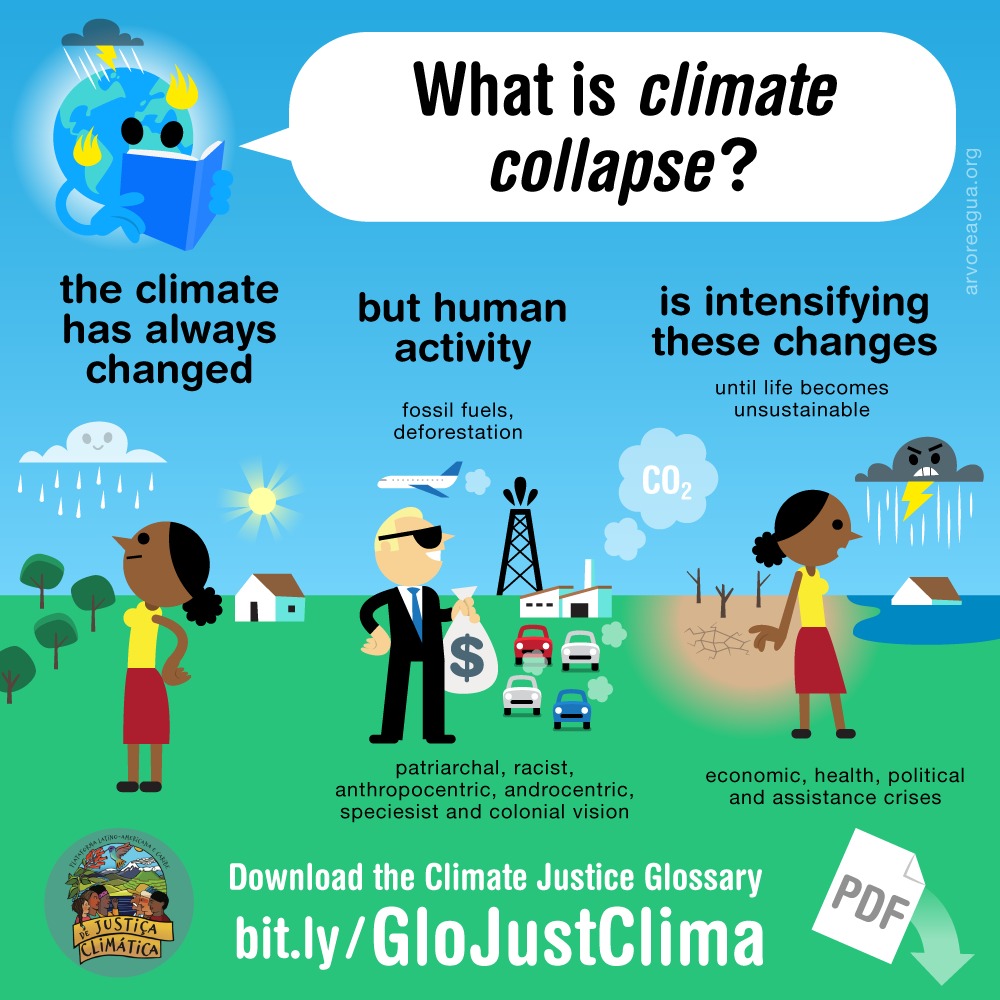
Food sovereignty is a concept coined by Via Campesina and discussed at the World Food Summit of 1996. It posits that peoples, countries, and groups of countries have the right to to determine their own food and agricultural policies. Food sovereignty prioritizes agricultural production that feeds people; access to land, seeds, and loans; responsible and informed consumption; respect for the work of famers; and fair pricing for sustainable production. It also includes controls and protections for peasant farmers against artificially cheap agricultural and food imports, unfair competition, and dumping.
Food autonomy recognizes that, beyond food sovereignty, there are diverse world views, self-determination, and management models among peasant communities and communities of consumers. The notion is in line with communal policies that transcend dependence on nation-states, especially in the face of government cooptation and subordination by agribusiness corporations.
Download the Climate Justice Glossary:
bit.ly/GloJustClima


